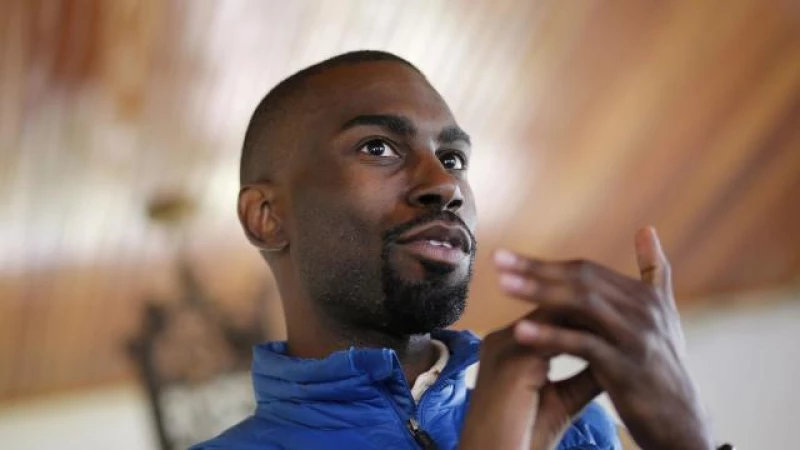Supreme Court Declines to Hear Appeal from Black Lives Matter Activist
Washington — The Supreme Court on Monday announced that it will not be considering an appeal from Black Lives Matter activist DeRay Mckesson. Mckesson is currently facing a lawsuit from a Baton Rouge police officer who was injured by an object during a protest in July 2016.
The central question in this case was whether a protest leader, such as Mckesson in this instance, can be held responsible for injuries caused by an unidentified individual when the leader did not explicitly authorize or direct the violent act.
The legal battle stems from the events following the shooting and killing of Alton Sterling, a Black man from Baton Rouge, Louisiana, by a White police officer outside a convenience store on July 5, 2016. Sterling's death sparked widespread protests against police brutality, including a demonstration that commenced outside the Baton Rouge Police Department on July 9, 2016.
During the protest, a police officer was hit in the face by a rock or piece of concrete thrown by an unidentified protester, resulting in the loss of teeth and a brain injury, according to his attorneys. The officer, known as John Doe in court documents, filed a negligence lawsuit against Mckesson in federal court, alleging that Mckesson was aware that the protest would turn violent and failed to control the crowd.
Mckesson, who is being represented by the American Civil Liberties Union, argued that his actions are protected under the First Amendment and cannot be the basis for a lawsuit.
The legal case has been progressing through the judicial system, starting with a ruling from a federal district court in 2017 that initially dismissed the lawsuit against Mckesson. However, the U.S. Court of Appeals for the 5th Circuit later overturned that decision, allowing the lawsuit to proceed. Mckesson then appealed to the Supreme Court, which sent the case back to determine if state law permits the lawsuit.
Following a decision by the Louisiana Supreme Court that a protest leader could be held liable for negligence, the 5th Circuit Court ruled in June 2023 that the lawsuit against Mckesson could continue. The appeals court, in a split decision, stated that Mckesson had allegedly created hazardous conditions by organizing the protest near a police station and failed to intervene when the demonstrators began looting and throwing objects. Additionally, Mckesson was accused of leading the protest onto a public highway, which violated Louisiana state law.
The activist sought relief from the highest court once again, but the Supreme Court declined to hear Mckesson's case on Monday. In a statement regarding the denial of the appeal, Justice Sonia Sotomayor emphasized that the court's decision not to take up the case "does not indicate any opinion on the merits of Mckesson's claim." However, Sotomayor referenced a First Amendment ruling by the Supreme Court last year and indicated that she expects the 5th Circuit to thoroughly consider arguments about the impact of that decision on future proceedings in Mckesson's case.







